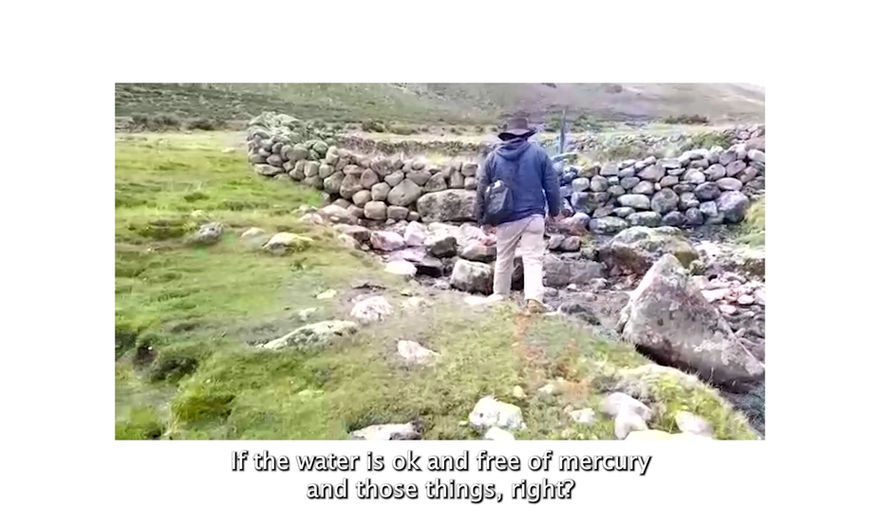
Leveraging expeditionary & social-emotional practices through an emergent strategy
A learning framework

for young people and local educators to explore, imagine, and mobilize the FAO's Voluntary Guidelines for Securing Sustainable Small-Scale Fisheries in the Context of Food Security & Poverty Eradication in their beautiful, complex, changing fishing villages as
common worlds.
as aquatic social-ecological systems and shared built-natural environments.



The 2023 SSF Guidelines Curriculum 1st Edition
From November 2021 to January 2023, throughout the International Year of Artisanal Fisheries and Aquaculture (IYAFA 2022), Coast 2 Coast (C2C) collaborated with rural educators and young learners from public schools, environmental nonprofits and social welfare centers in small-scale fishing villages in Peru, Nigeria, Madagascar, and India to co-create the curriculum's 1st edition.
Generous support from our incredible partners made these inaugural educator & learner focus groups possible:
1st Edition Partner Locations:

NIGERIA

PERU

MADAGASCAR

INDIA

Educator & Learner Focus Group

Educator & Learner Focus Group

Educator & Learner Focus Groups

Educator & Learner Focus Group
What are the Small-Scale Fisheries Guidelines?
The Voluntary Guidelines for Securing Sustainable Small-Scale Fisheries in the Context of Food Security and Poverty Eradication (SSF Guidelines) is an international tool to guide dialogue, policy processes, and action at all levels, from local to global, promoting healthy, resilient, sustainable fisheries and communities through a human rights-based approach. Over 4,000 rightsholders and stakeholders from more than 120 countries representing fishing communities, governments, civil society organizations (CSOs), regional organizations, international organizations, academia, and NGOs collaborated with the Food and Agriculture Organization of the United Nations (FAO) to produce the set of guidelines through a highly participatory process. The FAO summarized their recommendations into a concise set of principles, namely the SSF Guidelines.
What's the big deal about small-scale fisheries?
Small-scale fisheries (SSF) provide essential food and income for local coastal and inland communities, making big contributions to household nutrional security and decent livelihoods on a local level and for society at large. According to FAO, the SSF sector employs 90% of the world's fisheries workers and provides more than half of the fish consumed by humans. Artisanal fisheries tend to use low-impact fishing methods and are more likely to practice traditional knowledge and techniques for conservation and management of resources. Fishing is often a way of life and a cultural tradition for many seashore or riverside communities, and SSF also help to maintain social networks and traditions.
True to the SSF Guidelines' roots in co-design and co-development, the Small-Scale Guidelines Curriculum is a collaborative learning experience where educators and young learners explore the SSF Guidelines themes in their local natural-built environments, collecting information through community-based participatory investigation methods and mobilizing it as knowledge through creative outputs and audiovisual co-creations honoring their imaginations for a fishful future. The curriculum takes a positive youth development approach that is grounded in local context and seeks to build understanding of the social, economic, and environmental factors that shape the sustainable small-scale fisheries.
ABOUT US
Coast 2 Coast
We are a Peruvian nonprofit based in Lobitos, a fishing village in Northern Peru, using participatory storytelling tools and research approaches to engage young learners in small-scale fishing communities in gaining and contributing to a kaleidoscopic understanding of their aquatic social-ecological systems and shaping positive changes in their lives for bright, sustainable futures.
CONTACT US:
















